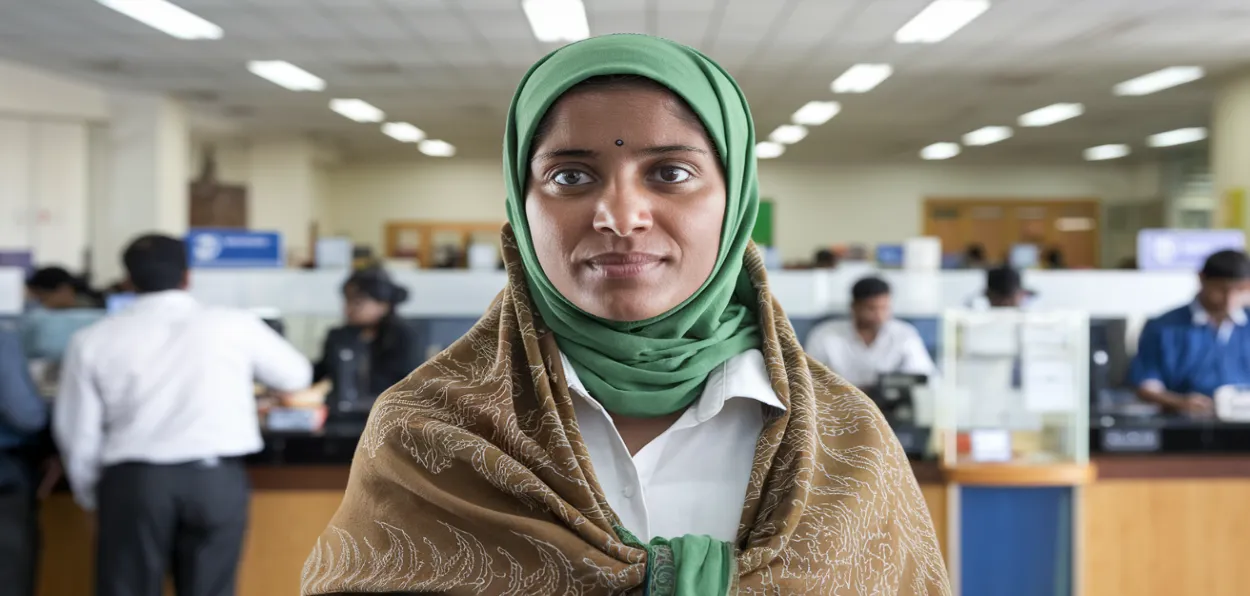
Eman Sakina
Financial independence and savings are not only tools for economic security but are also deeply rooted in Islamic principles. Islam emphasizes financial responsibility, ethical wealth management, and the importance of savings to ensure personal well-being, family stability, and societal development. For Muslim women, savings hold a significant role in fulfilling both religious and practical obligations.
Friday Musings
In Islam, financial responsibility is considered a moral duty for both men and women. The Quran and Hadith encourage Muslims to manage their wealth wisely, avoid extravagance, and prepare for future uncertainties. The principle of tawakkul (trust in God) is complemented by ikhtiar (effort and action), emphasizing that Muslims must take practical steps, such as saving and planning, to secure their financial future.
Muslim women, like men, are entitled to own property, earn income, and manage their wealth independently. This financial autonomy is safeguarded under Islamic law, empowering women to save and invest for their future, their children, and their communities.
For Muslim women, savings are more than just financial security—they represent independence, stability, and empowerment. Whether it’s for education, healthcare, supporting family needs, or starting a business, savings enable women to make informed financial decisions without being entirely dependent on others.
Savings also allow women to fulfill their religious duties, such as paying zakat (obligatory charity) and contributing to charitable causes. This not only ensures spiritual fulfillment but also fosters a sense of social responsibility.
Islamic financial institutions have introduced Sharia-compliant savings products specifically tailored for women. These include interest-free savings accounts, halal investment opportunities, and microfinance initiatives designed to empower women economically while aligning with their faith.
When Muslim women are encouraged and supported to save, the benefits extend beyond individual households. Women who save are better equipped to handle financial emergencies, contribute to family expenses, support their children’s education, and even start entrepreneurial ventures. This creates a ripple effect, driving positive economic and social change in their communities.
Muslim women are subjected to different struggles, such as poverty, gender inequality, illiteracy, and gender violence. All these factors have limited the expression of Muslim women’s rights and barred their access to investment and savings opportunities.
It is sympathetic to see that Muslim women are very committed to their family and their religion. Regardless of these commitments, Muslim women have been going through hardships that need to be rectified. It is essential to enhance economic development, and social and political structures to improve Muslim women’s rights to savings and investment.
ALSO READ: Do all religions emanate from one source – Book Review
The need for Muslim women’s savings is both a religious and practical imperative. By aligning financial practices with Islamic principles and addressing cultural barriers, we can create an inclusive financial ecosystem that empowers Muslim women. Promoting financial literacy, expanding access to Sharia-compliant savings products, and fostering a supportive environment are essential steps toward achieving this goal. In doing so, we not only honour Islamic teachings but also pave the way for stronger, more resilient communities.
